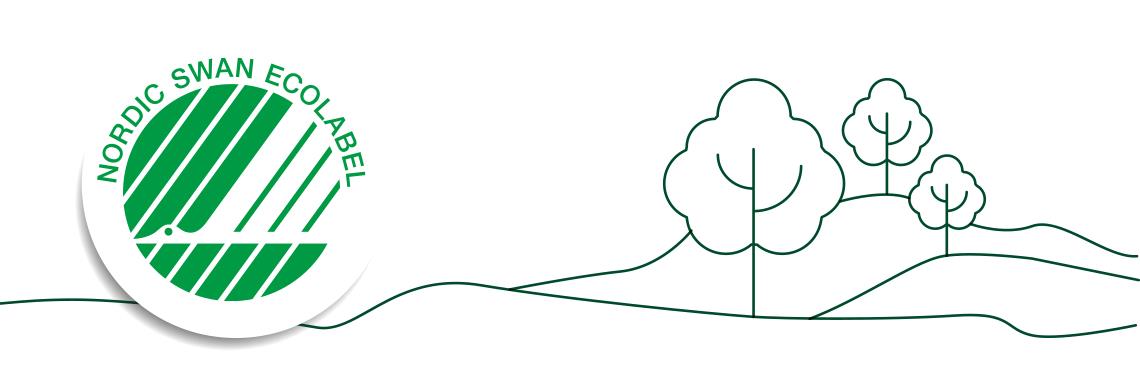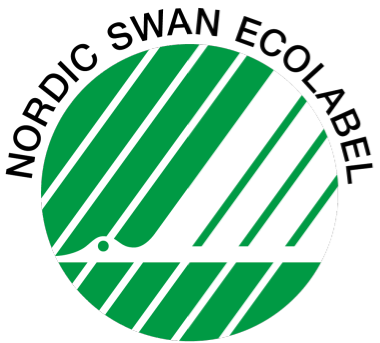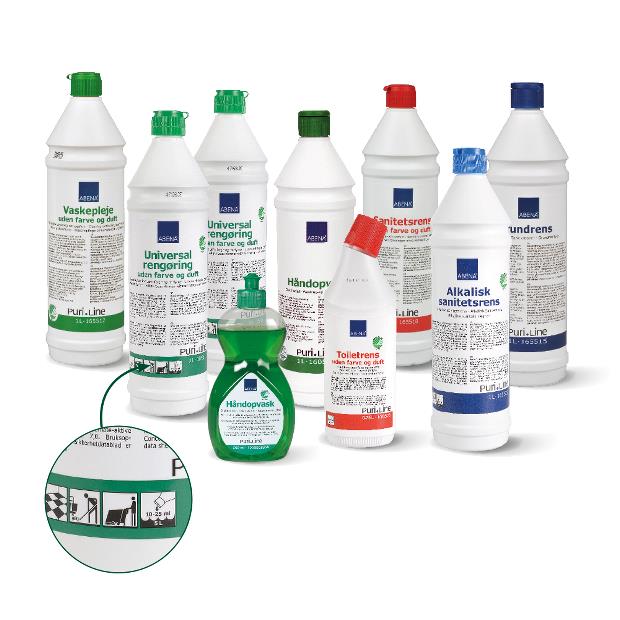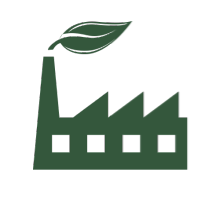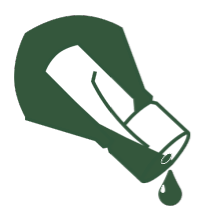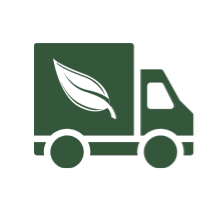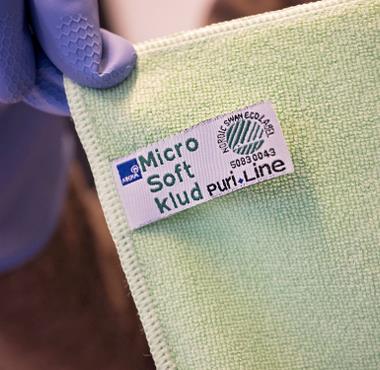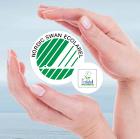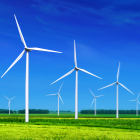An ecolabeled cleaning solution protects you, your surroundings, and the environment from unnecessary exposure to toxic substances.
Cleaning is essential in maintaining health and hygiene in health care, food production, public buildings, and private homes. However, regular detergents are often filled with toxic chemicals, which can have the opposite effect on the well-being of humans and the environment. To avoid this, choosing ecolabeled cleaning products can be a great solution.
By choosing our cleaning series Puri-Line, you say yes to safety, functionality, and better preservation of the environment.
Why Choose Ecolabeled Cleaning?
Choosing the right cleaning detergent can be a challenge. The wide variety of products often makes it difficult to select the right product for your purpose. At the same time, the amount and type of chemicals vary from product to product, which makes the correct dosing and application vary in every detergent. Hereby, you risk dosing too much of your product in your use and hereby expose yourself, your surroundings, and nature to an unnecessary overdose of chemicals. The consequences can be an impairment of your personal health and of nature in general, such as water quality and wildlife.
Cleaning is one of our main ways to ensure good health, and using detergents provides us with the most efficient result. However, it is possible to avoid unnecessary chemicals by choosing ecolabeled cleaning solutions certified by, e.g., the Nordic Swan Ecolabel. The certificate becomes your insurance that you clean with a product of the highest quality which also is optimal in environmental terms.
Puri-Line – ABENA's Own Range of Ecolabeled Cleaning Products
Puri-Line makes ecolabeled cleaning easy. You will get a high-quality cleaning solution with Puri-Line, whether you choose detergents, mops, cloths - or all!
This can save you a lot of time when purchasing suitable products. Moreover, in the Puri-Line series, you also find products without color and perfume, which help increase indoor air quality, the well-being of your health, and, in the end, the environment.
At ABENA, we always consider the Nordic Swan Ecolabel when developing, producing, and managing new products in our range. You will find Nordic Swan Ecolabeled products in many of our product areas, including Puri-Line, our own series of detergents and tools, which all carry the Nordic Swan Ecolabel certification.
The Nordic Swan Ecolabel – your certainty of quality and safety
The Nordic Swan Ecolabel is an environmental labeling system that contributes to sustainable consumption and production. It is one of the world's toughest and most recognized environmental certifications.
Learn more about The Nordic Swan Ecolabel
Puri-Line Detergents – an Ecolabeled Solution for Every Purpose
Puri-Line detergents comprise a wide range of cleaning products for different purposes.
In our series, you will find products for:
- Laundry
- Dishwashing
- Sanitary solutions
- Kitchen
- Floors
- Glass
- All-round cleaning.
Created with ease and functionality in mind
Dosage, application instructions, and color coding are important features that provide the best user experience.
These features provide a quick and easy overview of where and how the product should be used. Moreover, the color coding also shows on the detergent bottle's cap, making it easy to recognize the different types of products and quickly find the most suitable solution for your cleaning task.
All cleaning detergents in the Puri-Line series carry the Nordic Swan Ecolabel. To obtain this certification, certain parameters have been checked and evaluated for each individual product.
Regarding detergents, a Nordic Swan Ecolabel certification requires that all surfactants in the product are easily degradable. In addition, the product must be among the most responsible on the market in production, use, disposal, and recirculation. This means that all products have complied with several strict requirements, for instance, these:
Mops and Cloths – the Newest Members of the Puri-Line Family
As our latest expansion, you now find mops and cloths in the Puri-Line series. Both mops and cloths in the Puri-Line series come in various sizes and capacities. As with the detergents, mops and cloths are color-coded, thus making it easy to tell the products apart. This creates safety because it helps you avoid cross-contamination with bacteria, e.g. so a product used for sanitary purposes is not accidentally used in the kitchen area afterward.
All products are based on microfiber, which results in a perfect cleaning because of the microfibers' high absorption ability. Microfiber is a more responsible cleaning solution because it reduces the usage of water and detergents and has a long life span.
What is Microfiber?
Mops and cloths in the Puri-Line series are made from ultra-fine microfibers and contain polyester and polyamide. The microfibers are conjugated as fibers and cleaved into 16 threads. This makes the fibers thinner than one-hundredth of a human hair. When the small, thin microfiber threads are assembled into a cloth, this creates a large surface area with lots of cavities, in which dirt and grime can be collected and retained. The fibers open up and release the dirt when the cloths are washed at a minimum temperature of 67°C.
As with all products in the Puri-Line series, both mops and cloths carry the Nordic Swan Ecolabel certification and are hereby among the most responsible solutions on the market of the highest quality. To mention a few, all mops and cloths in the Puri-Line series have complied with these requirements:

The product provides a good, high-quality cleaning effect, is gentle on the substrate, and has excellent durability.
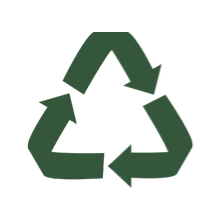
At least 80% of the fibers are either recycled or meet other specific requirements from the Nordic Swan Ecolabel.

